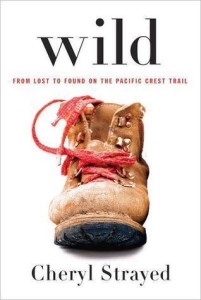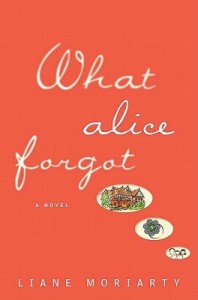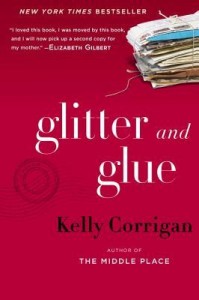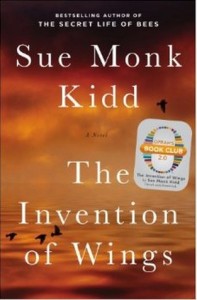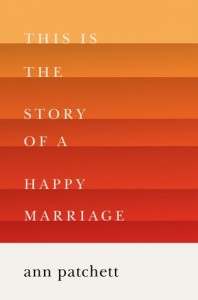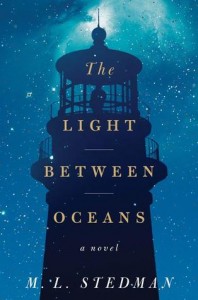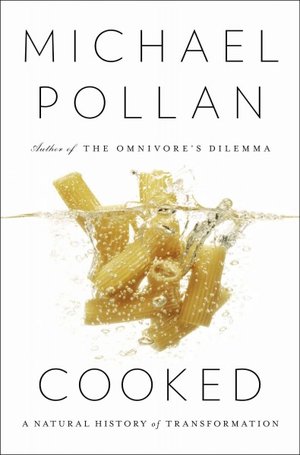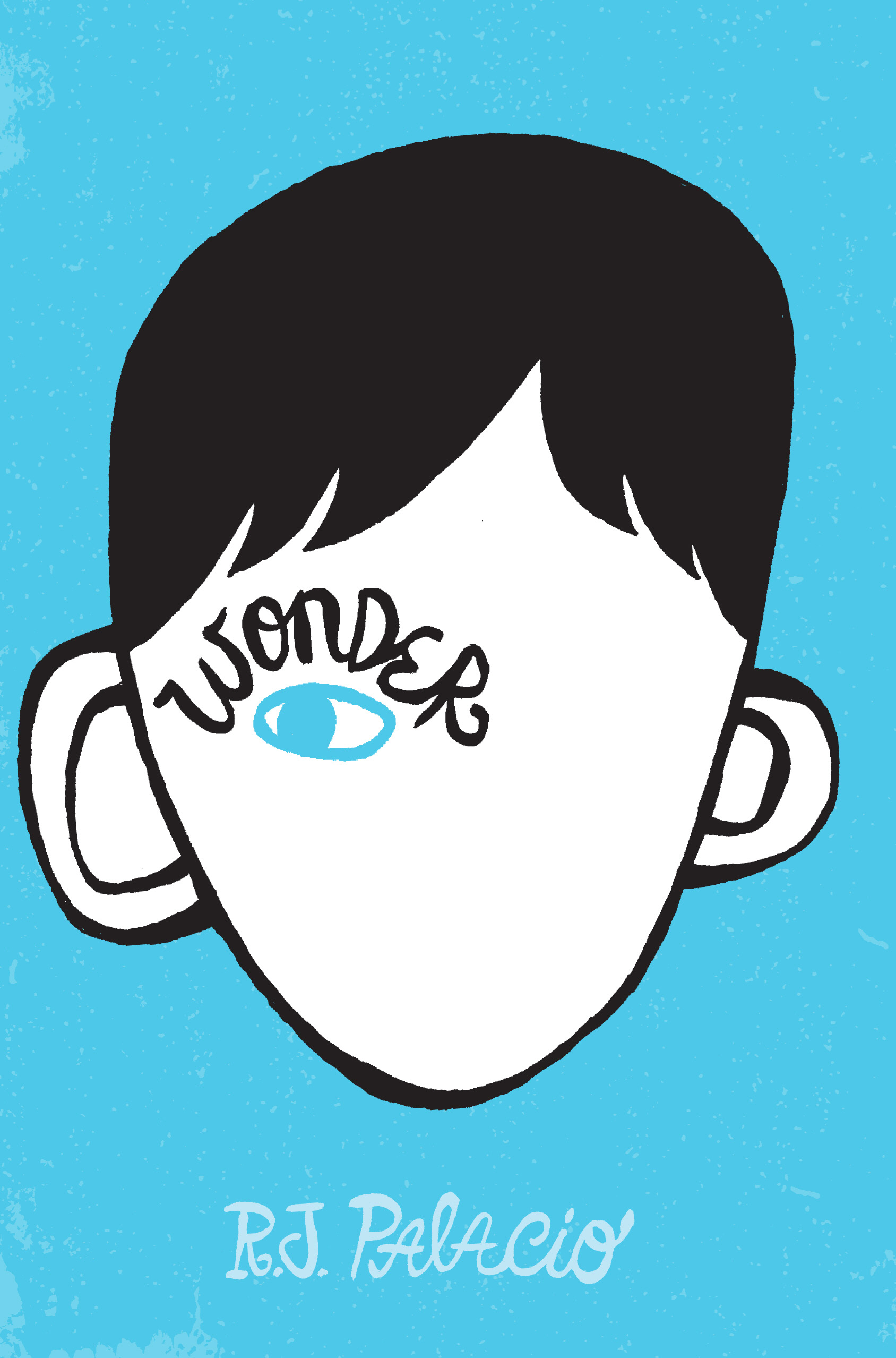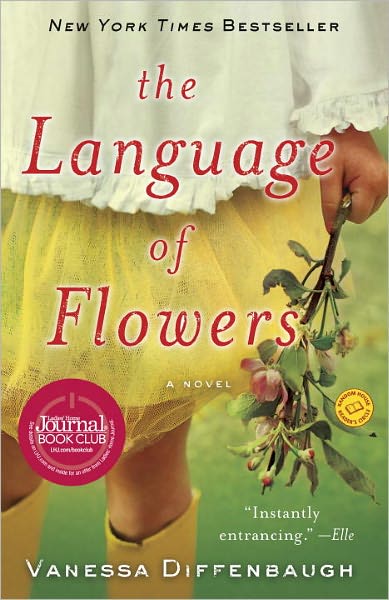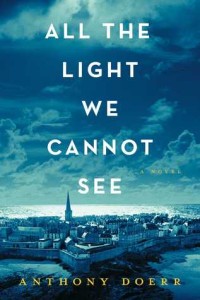 Welcome to our virtual book club for May! Our book for this month is All the Light We Cannot See by Anthony Doerr. It’s easy to participate: just write a comment in the comment section in response to one of these questions or about anything else you’d like to discuss.
Welcome to our virtual book club for May! Our book for this month is All the Light We Cannot See by Anthony Doerr. It’s easy to participate: just write a comment in the comment section in response to one of these questions or about anything else you’d like to discuss.
***
Truth be told, I wasn’t sure I was in the mood to read a war book this month. And truth #2 be told, I wasn’t sure I wanted to read a World War II book. I just may have binged on them as a teenager, and I thought I’d exceeded my quota. But enough people recommended the book to me that I finally caved. And I’m glad I did—this is unlike any other war book you’ve ever read.
All the Light We Cannot See is about a French girl named Marie Laure, who is blind, and a German soldier, Werner, both of whom are caught in the crossfires of World War II. The chapters alternately tell their stories as their paths come closer together and eventually collide.
I heard it took Anthony Doerr ten years to write this book, and I’m not surprised. His details are luscious—I felt like I was able to see, smell, hear, and feel every scene.
Discussion #1: Can you remain human in war?
One of the things I appreciated most about this book was the way it put a human face on both sides of the war. I’d never given in-depth thought to what might lead a person to become a Nazi, and seeing Werner’s story gave me more sympathy for him while still feeling the pain Marie Laure and her family went through. I also appreciated the reminder that in the darkest times, against all odds, there were people who showed courage and generosity and kindness to one another—even their enemies.
Do you tend to like books about war? Why or why not? Which character(s) do you think showed great courage?
Discussion #2: What would it be like to be blind?
Marie-Laure says, “To shut your eyes is to guess nothing of blindness.” I was taken by the author’s ability to describe sensory details so vividly. As my aunt told me after she read the book, Doerr “painted sound.” This palpability made the lovely scenes even more beautiful and the terrifying scenes even more tense (like when Marie-Laure was opening the can when a soldier lurked downstairs!). And while this book gives only a window into what it might be like to be blind, it was fascinating to read how sharp the other senses become when one of them is missing.
What do you think would be the most challenging part of not having sight? What did you think of Marie-Laure’s father’s patience as he taught her to memorize her city?
Discussion #3: What do you think the title means?
The title has so many layers—more with each chapter I read. When Werner and his sister, Jutta, hear the French broadcast on the radio, it concludes with these words: “Open your eyes and see what you can with them before they close forever.” Beyond the obvious connection to Marie-Laure’s blindness, this title seems to hint that there’s goodness in people you wouldn’t expect (case in point: Werner). There are some people who are physically blind but can see truth, and there are people with vision who miss the goodness and beauty around them.
Did you like the title? What prompted you to pick up the book?
Discussion #4: What did you think of the book’s structure?
The chapters are very short, and told from shifting perspectives. On top of that, the story jumps in time, unfolding outside of chronological order. The alternating points of view work well to give us empathy for both stories, but the rapid switching felt jarring to me at first. And I often found myself disoriented about the timing and flipping back through pages to check the date. I give credit to the author for his creative approach, and while this definitely serves to build the suspense, it took me out of the story at times.
What did you think of the way the author told the story?
Rating
How many stars would you give this book?
I liked that this book was a fresh take on World War II, and I appreciated the sensory details and nuanced characters. I also appreciated the underlying theme of thriving in adversity, as captured by Madame Manec’s question: “Don’t you want to be alive before you die?”
I would give it 4 out of 5 stars.
{Remember: I’ll give away a free book to one lucky commenter!}

